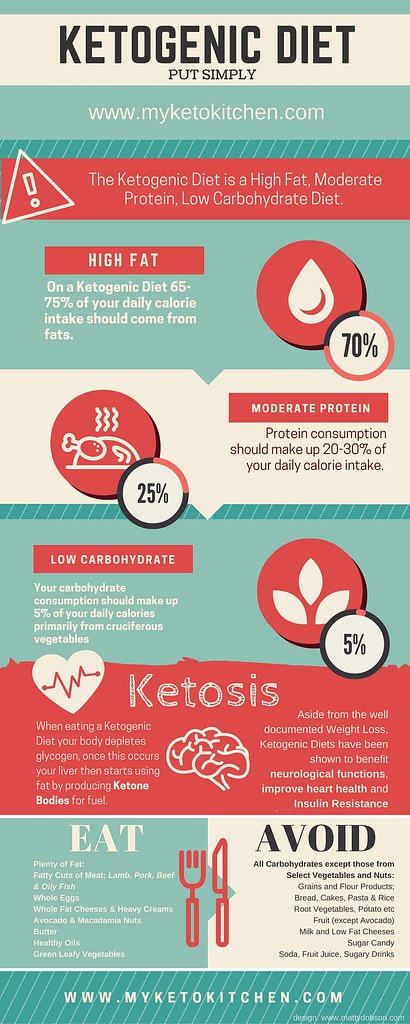Keto Diet – What is it? Does it work? Is it sustainable?
The Keto Diet has been a hot topic of discussion over the last few years. But what is it, what are the rules, does it work, is it sustainable? Dr. Adam Cosson sat down and asked our functional nutritionist, Ashely Schmidt of Wisconsin Fatigue & Weight Clinic, to give us the details!
 What are the basics of the Keto Diet?
What are the basics of the Keto Diet?
High fat, medium-low protein and very low carbs. The body runs readily off of blood sugar, predominantly from carbohydrates. Dramatically withholding carbs from the body forces it to find another energy source. The body can turn to either protein or fat to create energy to use. In the keto diet, your body is nudged to turn to fat to make energy to readily use. In ketosis, your body is converting stored fat into ketone bodies which can alternatively be used for energy.
So far research has proven the keto diet to increase the number of calories you burn daily, by about 250 calories, but not necessarily help you lose weight.
Is this for everyone?
Some folks are put in danger by being in ketosis. However, children with seizures/epilepsy are known to have an improvement in their conditions and seizures by following a ketogenic diet. This has been established for decades. For hypothyroidism, cutting carbs can actually cause weight gain for some, so someone with this condition may not see the weight loss they are anticipating following this diet. If you have a preexisting condition, please consult your primary care physician or a nutritionist to see if the keto diet is safe for you.
Are there any risks?
I’ve seen folks whose blood cholesterol values drastically jumped up after starting to follow a keto diet. Following it incorrectly can impact blood cholesterol values. Reducing carbohydrates so drastically, can reduce a lot of fruit and veggies which are excellent moderators of blood pressure. Additionally, the more fruits and veggies someone eats, the lower their risks of many chronic diseases, including cancer. By reducing these in the diet, you lose their protective effects and abundance of nutrients they contain. You may notice increase in constipation due to reduced fiber from things like fruits and veggies. In addition, being in ketosis will have the mild side effect of acetone smelling breath.
Overall, Keto diets have only been studied in short durations, and just like any fad diet, continued research has yet to be done to truly know the full picture of risks versus benefits here. Dramatically changing the macronutrients towards one alters your microbiome (the bacteria that live in your gut and either contribute to good health, or poor health depending on the different kinds that dominate there). Having a diet very heavy in one macronutrient (fat) will alter this environment in the gut to favor those that thrive off of it. There is a wide variety of health effects that can then take place over time. You could even alter the amount calories you actually absorb from food, depending on how severely you alter the microbiome. A 100 calorie snack pack, might really be 110, or 120 calories for you in this case.
More Information
Check out some of our other posts and videos on popular nutrition topics:
Check out more information on our providers and the services our clinic offers! To schedule an appointment with one of our chiropractors click here or call 262-373-9168. To schedule with Ashley for a nutrition consult call (262) 373-8277.
 262-373-9168
262-373-9168




